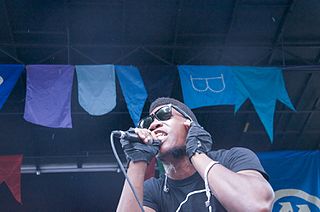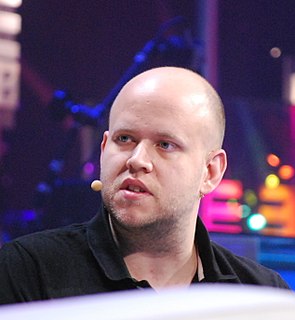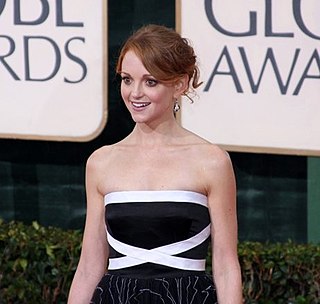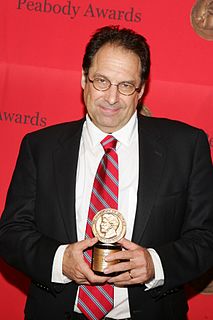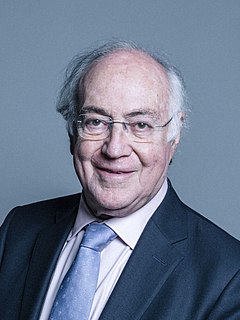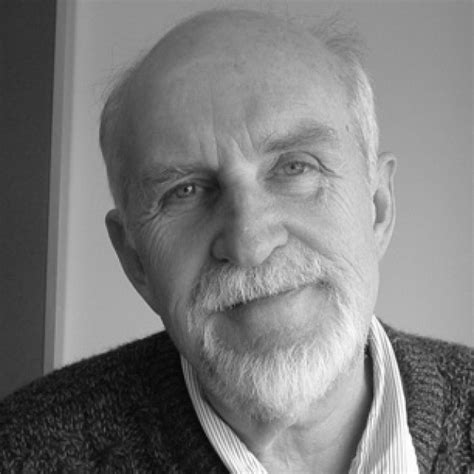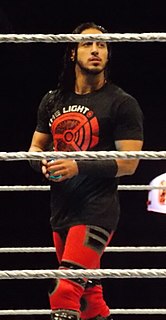A Quote by Aasif Mandvi
So I had this completely unrealistic idea of what America was — but I wanted to be there.
Quote Topics
Related Quotes
I had always been the theater nerd at Northwestern University. I knew I wanted to do acting, but I hated the idea of being this cliche - a girl from L.A. who decides to be an actress. I wanted more than that, and I had always loved politics, so I ended up changing my major completely, and double-majoring in theater and international relations.
I feel totally disconnected from reality in Washington. Maybe I'm just really pretentious - in fact, I probably am - but I feel like people in this city have no idea about where their reality is coming from and who is helping them to live in this illusion. I've gone from the south side of Chicago, where everyone is completely unrealistic about what's important in life to a place like this, where people are still unrealistic about what's important, but it's on two opposite sides of the spectrum. I just get tired of it all. It makes me really, really angry.
The idea of the western, I believe, as people conceive of it, is really an artifact of the Hays Production Code of the '20s and '30s, and it has really nothing to do with the West and much to do with the influence of middle-European Jews who had come out to Hollywood to present to America a sanitized heroic idea of what America was.
America is an idea, but it's an idea that brings with it some baggage, like power brings responsibility. It's an idea that brings with it equality, but equality even though it's the highest calling, is the hardest to reach. The idea that anything is possible, that's one of the reasons why I'm a fan of America. It's like hey, look there's the moon up there, let's take a walk on it, bring back a piece of it. That's the kind of America that I'm a fan of.
I was that 16-year-old who loved WWE, and I wanted to be a pro wrestler, but I didn't understand why I had to be the bad guy. I wanted to be like Jeff Hardy - I wanted to be like Rey Mysterio - but I was told I had to be the guy who screamed terrible things about America and attack people from behind.




